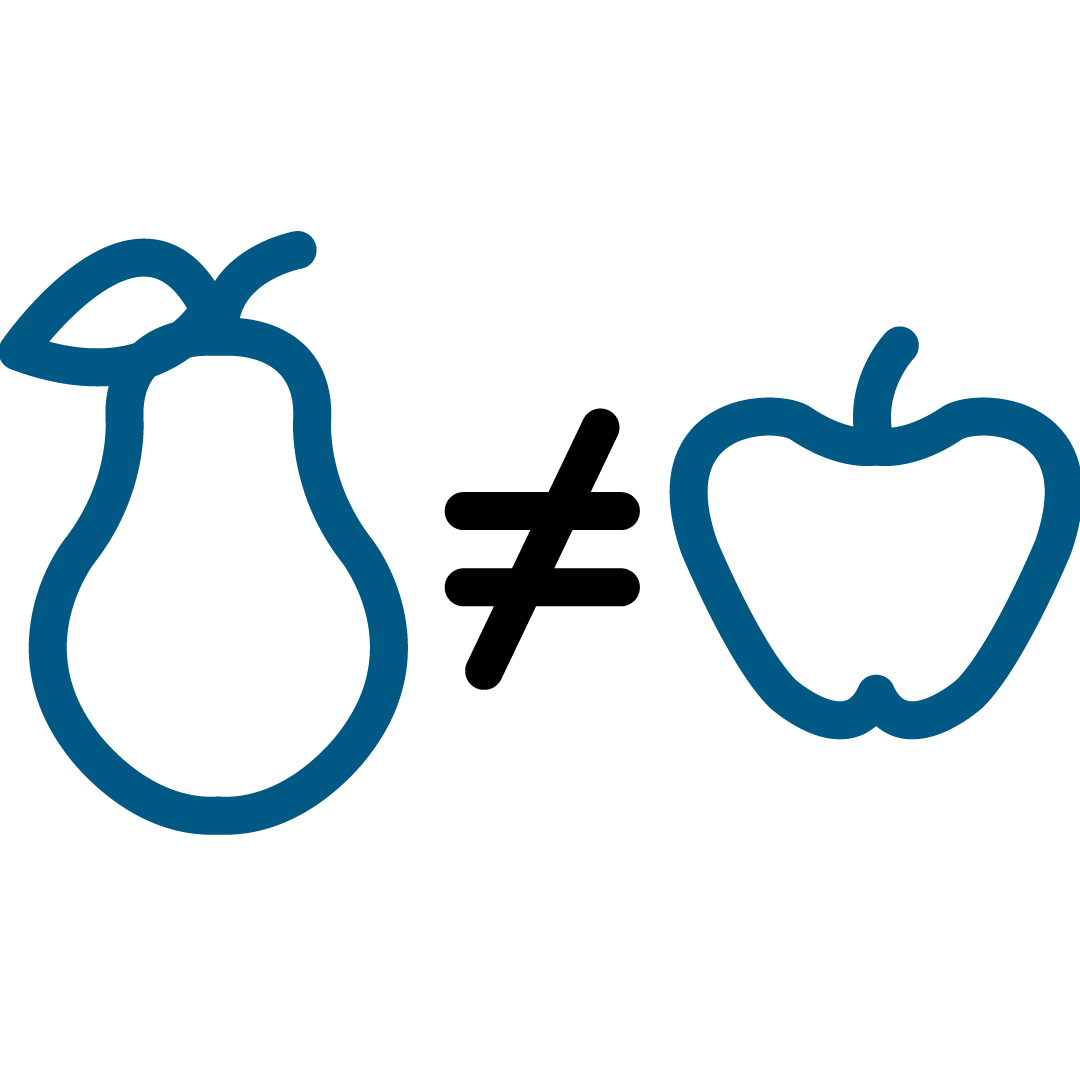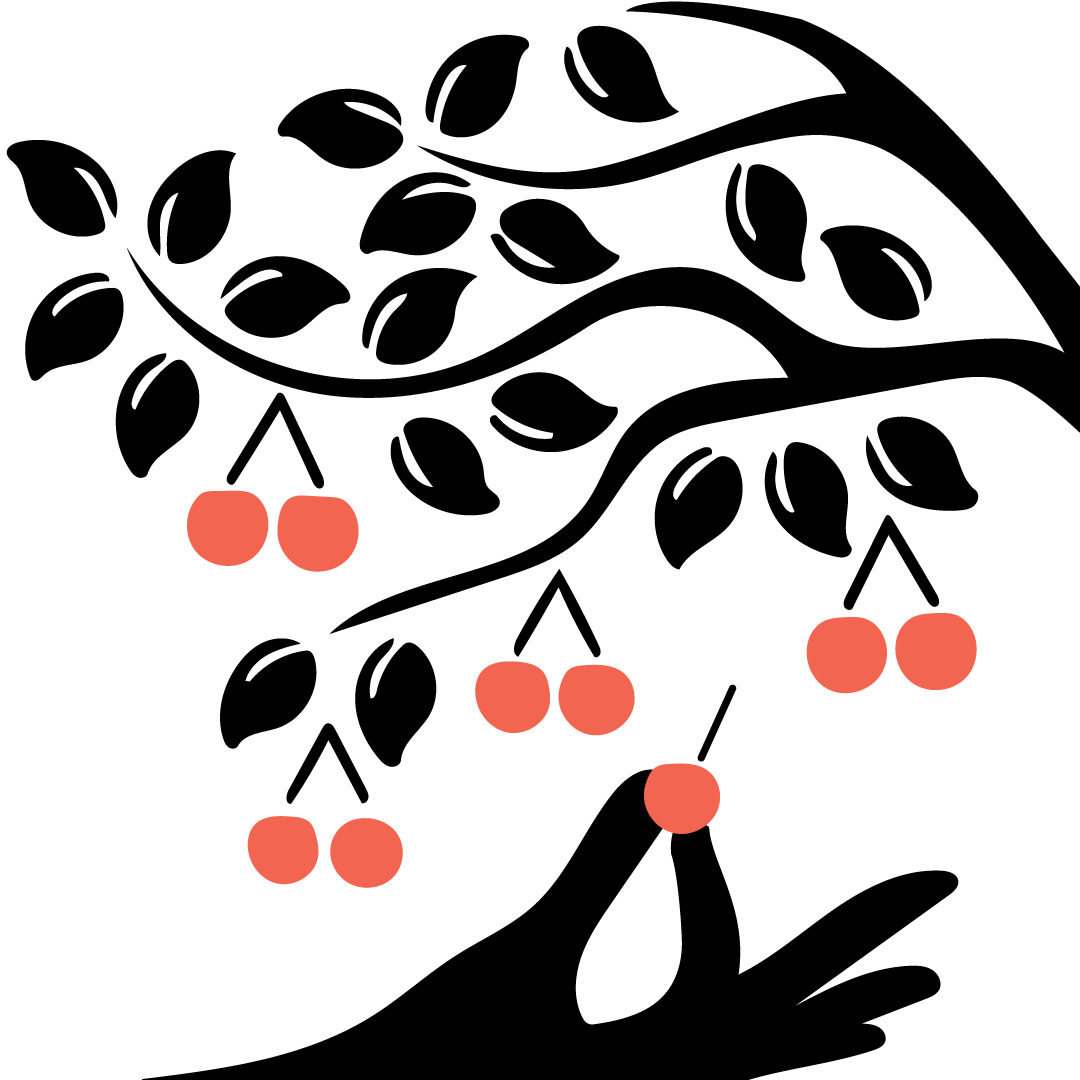Questions to stimulate smarter
conversations and discussions
With March for Science and How do you know that? we want to ensure that scientific knowledge plays a greater role in public debate – so go ahead and ask!
How do you know that?
Politicians need to take a lot of things into consideration: science, values, economics, opinions and attitudes in society. Some carry more weight in certain issues than others and it is important to know why. Therefore, politicians need to be open about what their proposals and decisions are based upon, and be able to access and assess scientific evidence.


What is the context?
Research findings can be biased and interpreted in different ways. Something may have increased by 2 percent over one year, but decreased by 20 percent over a ten-year period. Which is the most significant? Who is using which figure and why?
Can it be explained in a simpler way?
You can easily become overwhelmed by difficult words and complicated phrases. Sometimes they are used when a person isn’t skilled at explaining things in a simple way, sometimes it is to hide uncertainty and avoid scrutiny. Therefore, we must continue to ask questions until we do understand.


Can researchers be wrong?
Everyone can make mistakes. This is why both new and old studies are reviewed by other researchers. The review process is an important part of science, but it is unfortunately not 100% perfect. Sometimes incorrect results or interpretations manage to slip through.
Can any comparisons be made?
A study on mice does not always tell us something about people. Research about a few individuals cannot be generalised to the entire population. And, if two sets of findings are similar, it does not necessarily mean that the reason is the same. Beware of conclusions that go beyond what the findings actually show!


What do other studies say?
The more studies that achieve the same results, the more stable the knowledge becomes. If a study makes a certain finding but other ones indicate the opposite, there is good reason to be extra cautious.
Is it too good to be true?
Occasionally something is described as a scientific breakthrough. In some cases it is, but often it isn’t. Research is built upon existing knowledge and grows step by step. Therefore, it takes time before facts can be established.


Is that the whole picture?
It may be tempting to focus on studies that confirm our own opinions. But if we want to base decisions on science, we must look at all of the collective knowledge that exists in a field - even if it doesn’t match our own world view.
